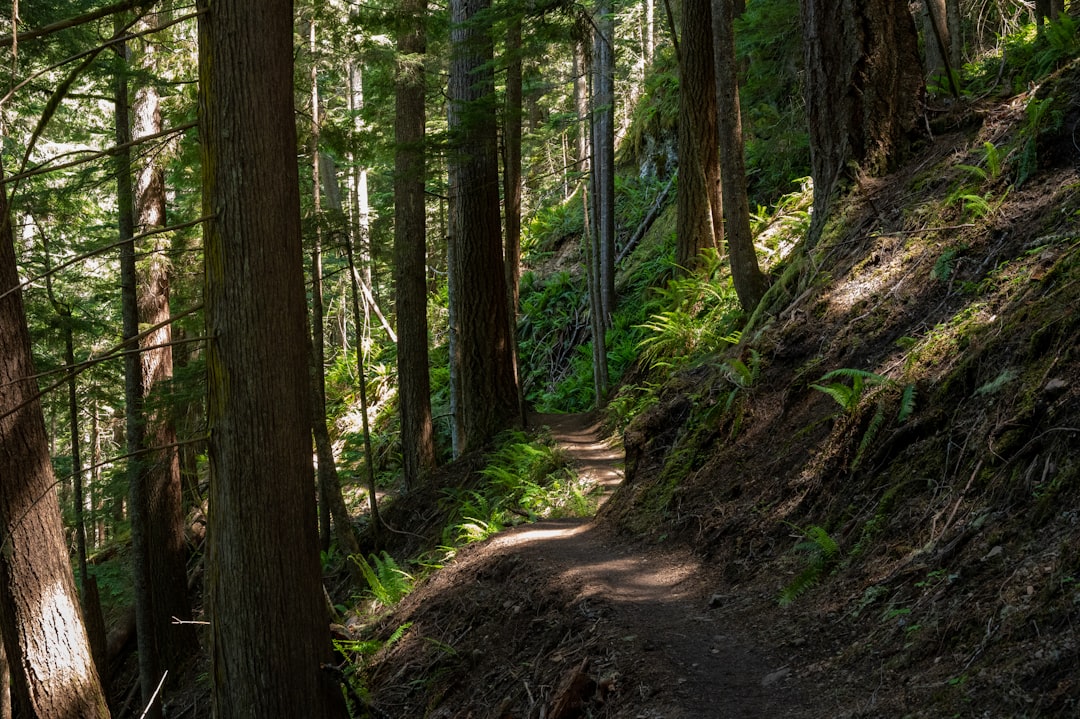Psychedelics and the collapse of empires
Are these mind-altering drugs helping Mother Nature shift paradigms?
vol. 4 issue 10

Greetings,
In an occupied nation, could psychedelics be what set us free?
The thought occurred to me recently as I was walking in the woods with the dog. It was apropos of nothing, fully formed in my mind, more “spoken” into my consciousness than generated from any analysis of a situation I might have been en…


